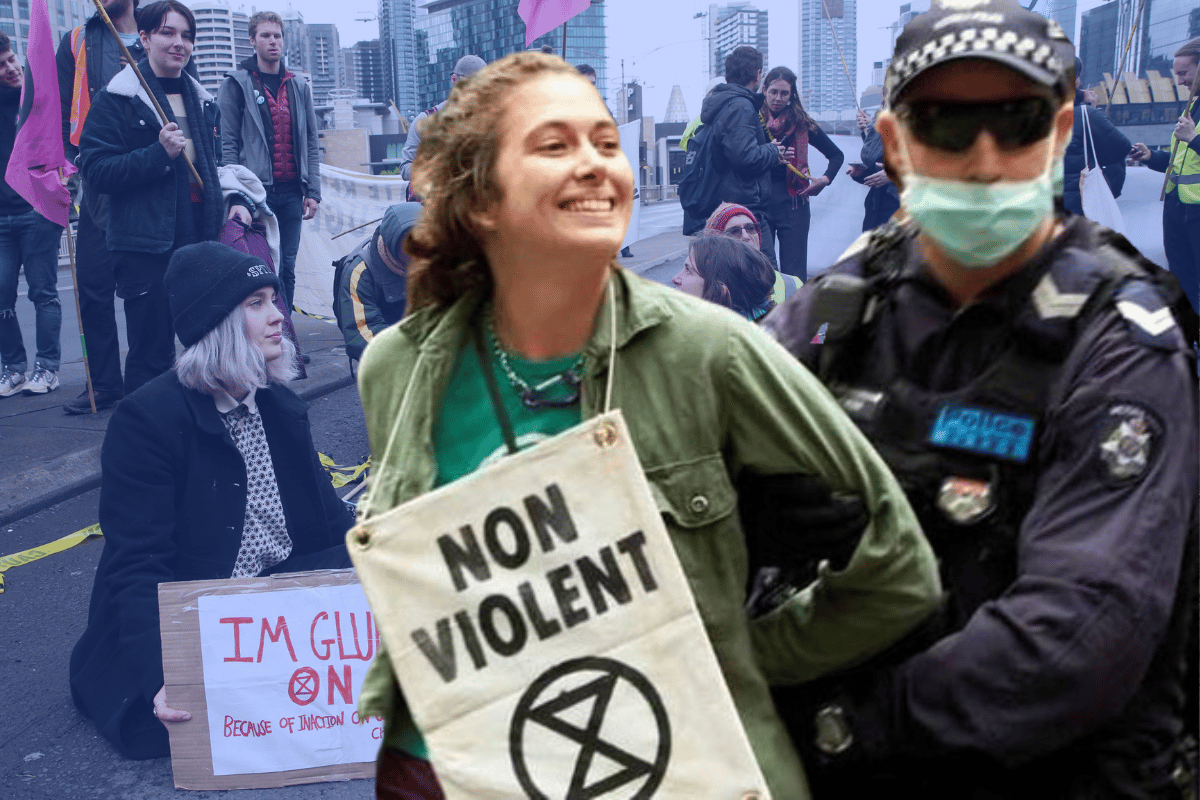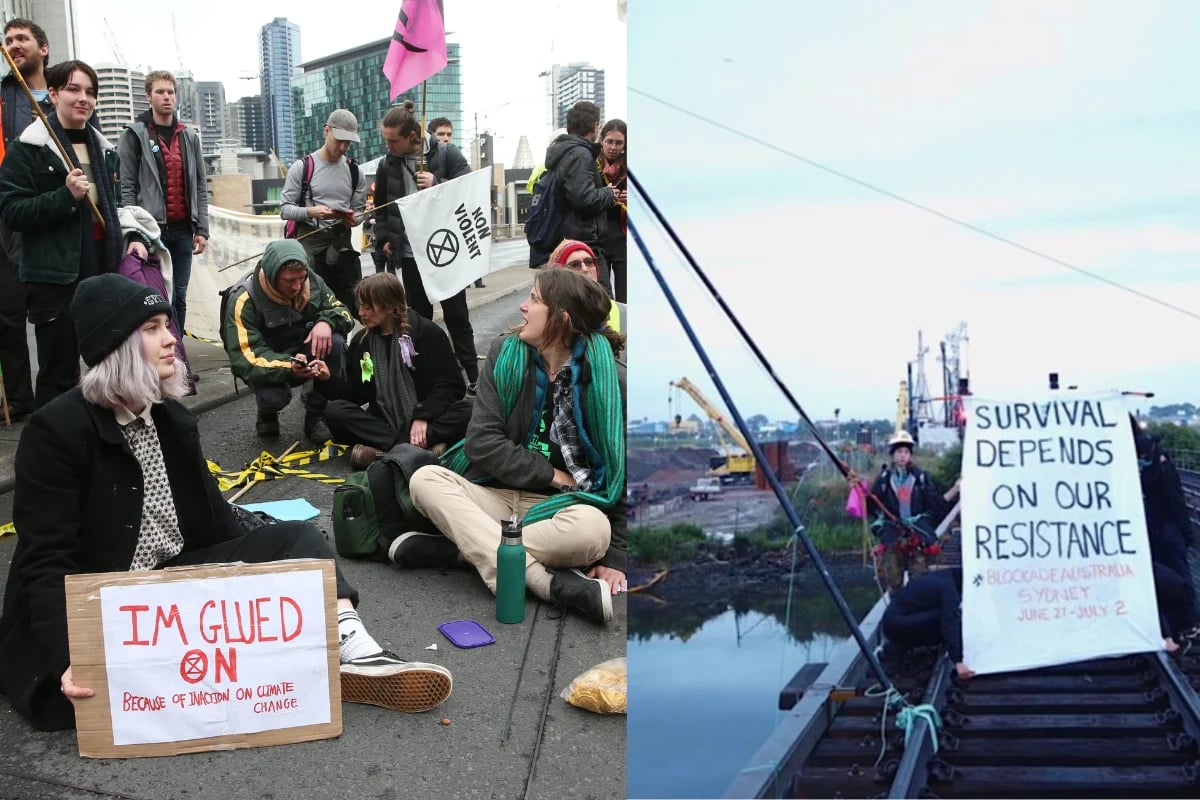
Back in April, there were a few hundred drivers crossing the Sydney Harbour Bridge, when traffic suddenly came to a standstill. It was all to do with a certain protest taking place, which blocked one of the bridge's five city-bound lanes during the morning peak.
The protest itself went for exactly 25 minutes, although it did have long-term effects on traffic for the rest of the day.
Now the woman behind the protest – 32-year-old Deanna "Violet" Coco has been sentenced to 15 months prison.
Coco was protesting against the wider climate plight and the government's action on the issue – protesting under the banner of climate activist group, Fireproof Australia. It's similar to Extinction Rebellion but designed to be "more disruptive".
Explaining her motive behind the protest, Coco said to The Guardian at the time: "We tried protesting to the politicians. We've tried one-day marches. Nothing happened. And so now we need to escalate these disruptive tactics."
So she parked a truck across one lane of the Harbour Bridge, stood on the truck's roof and held a lit flare in her hand. On board the truck with her was her friend, who is a trained and qualified firefighter.
She was then arrested by police, who removed the truck, and traffic resumed its normal morning pace.
Watch one climate protestor explain why they choose to protest disruptively. Post continues below.





























































































